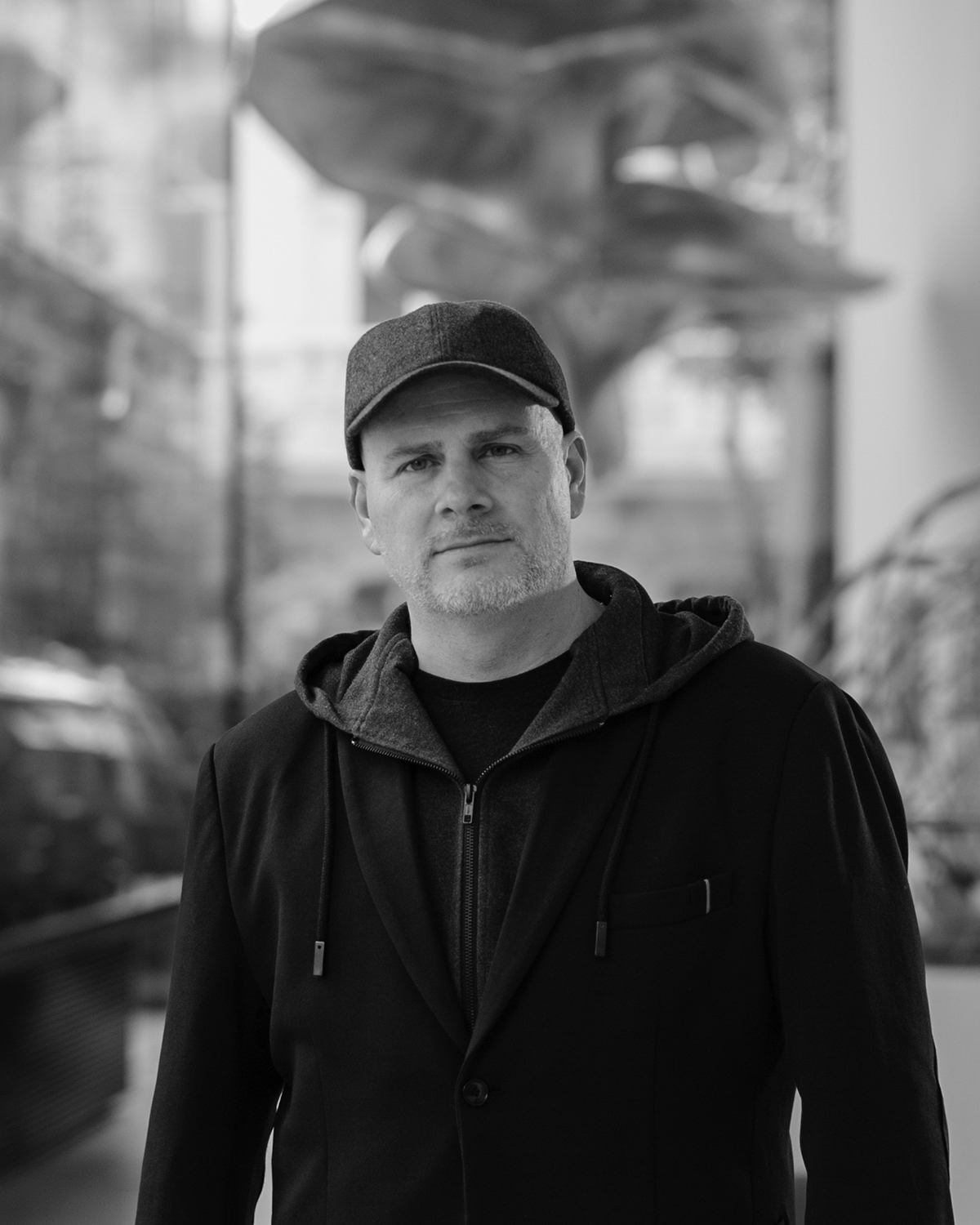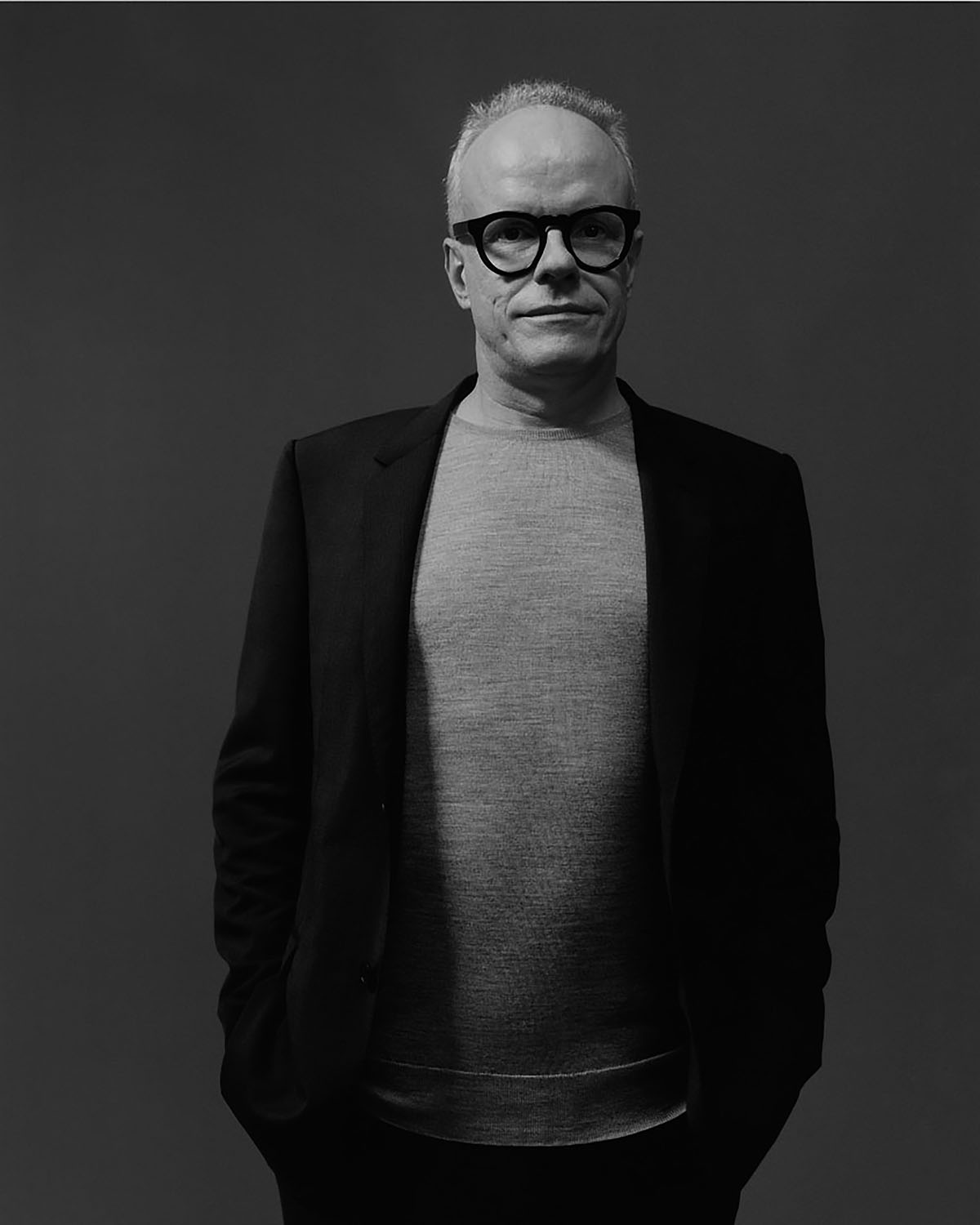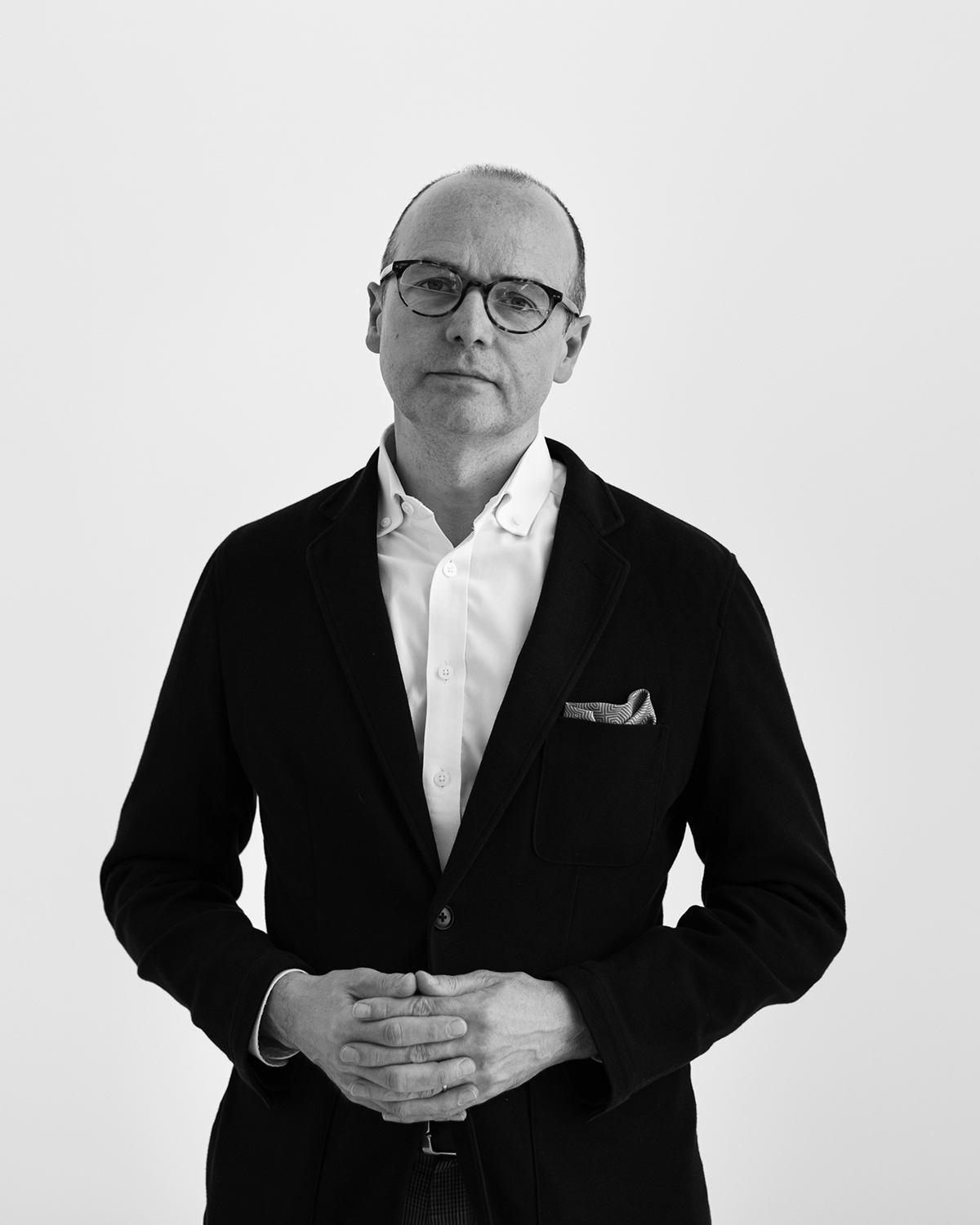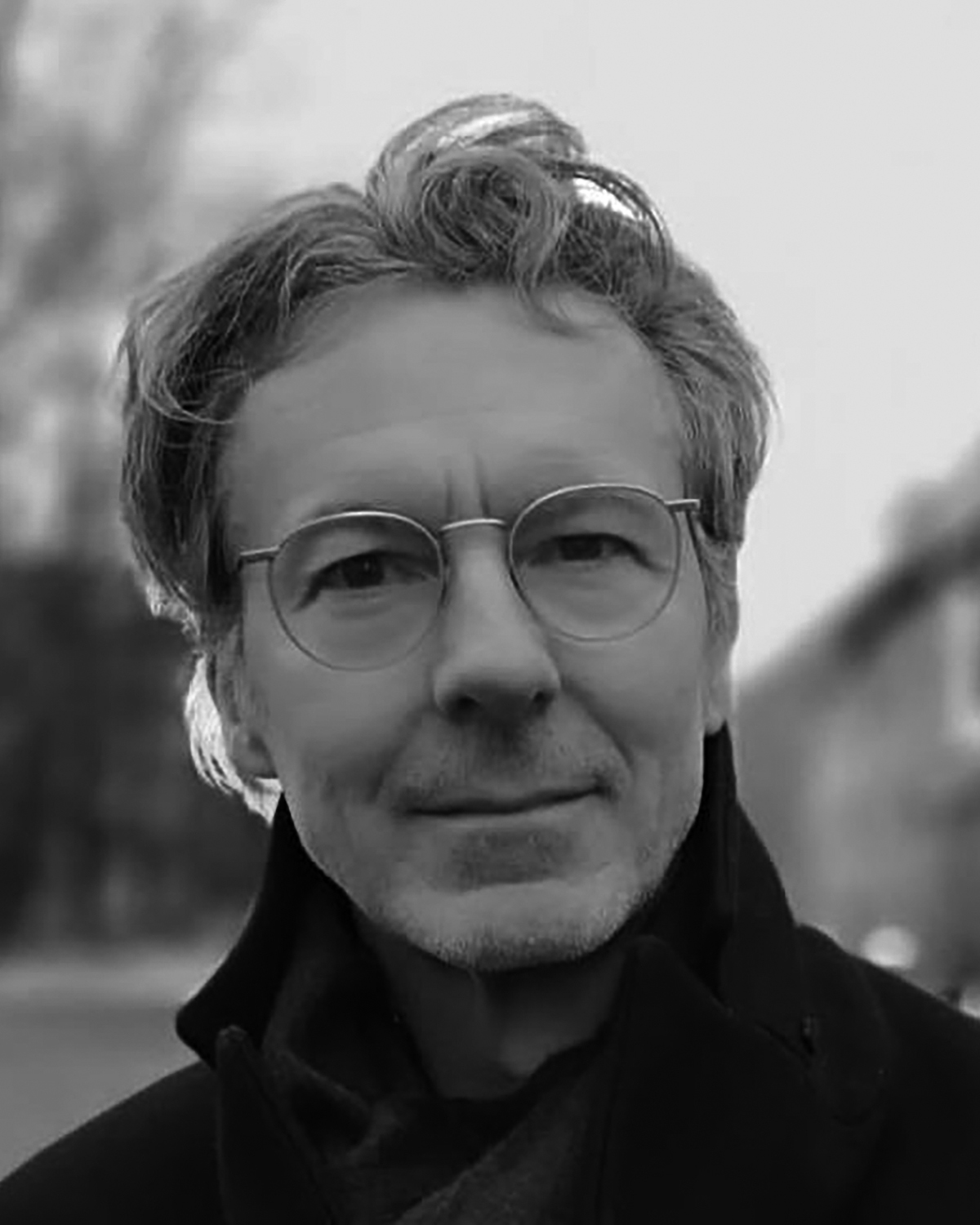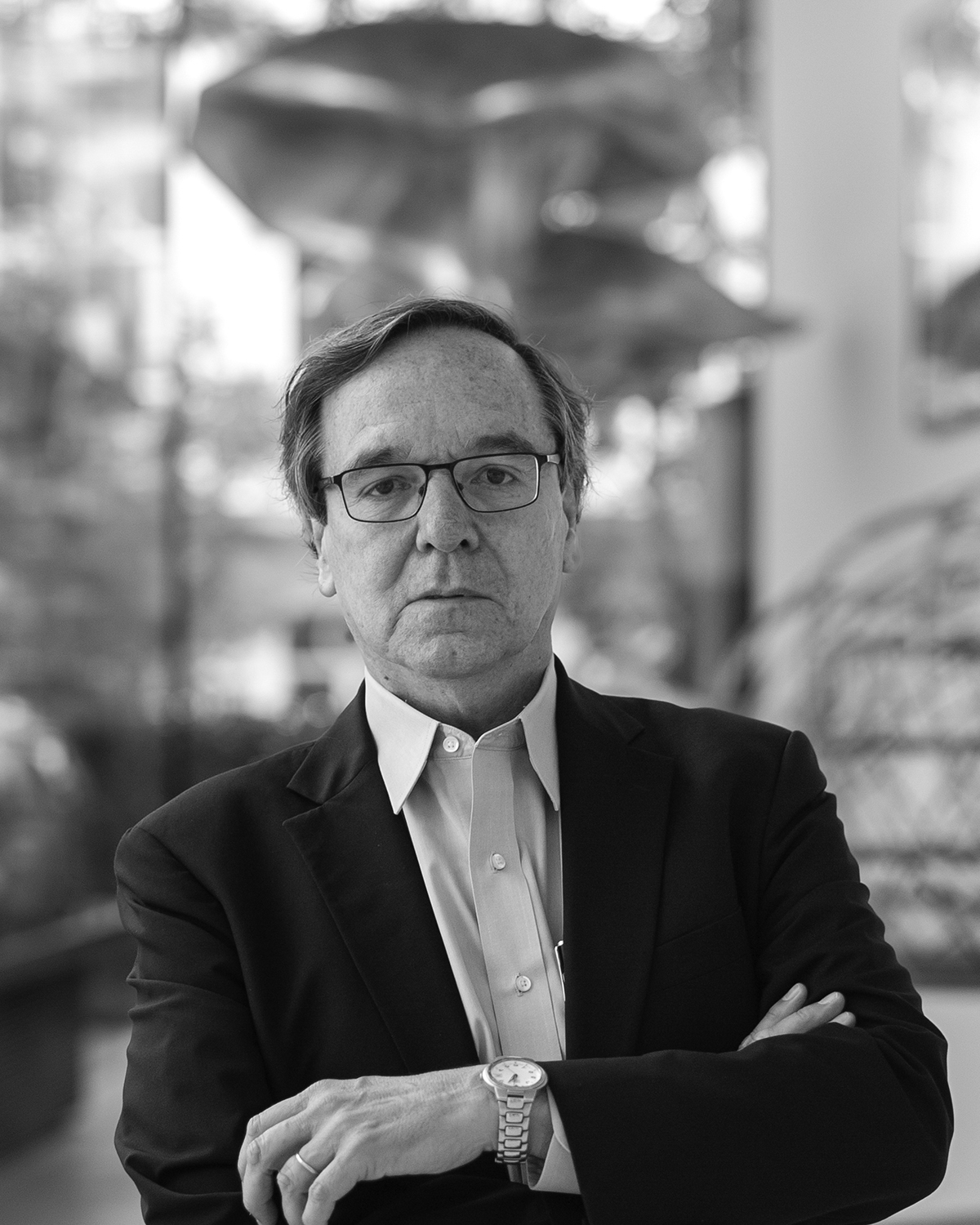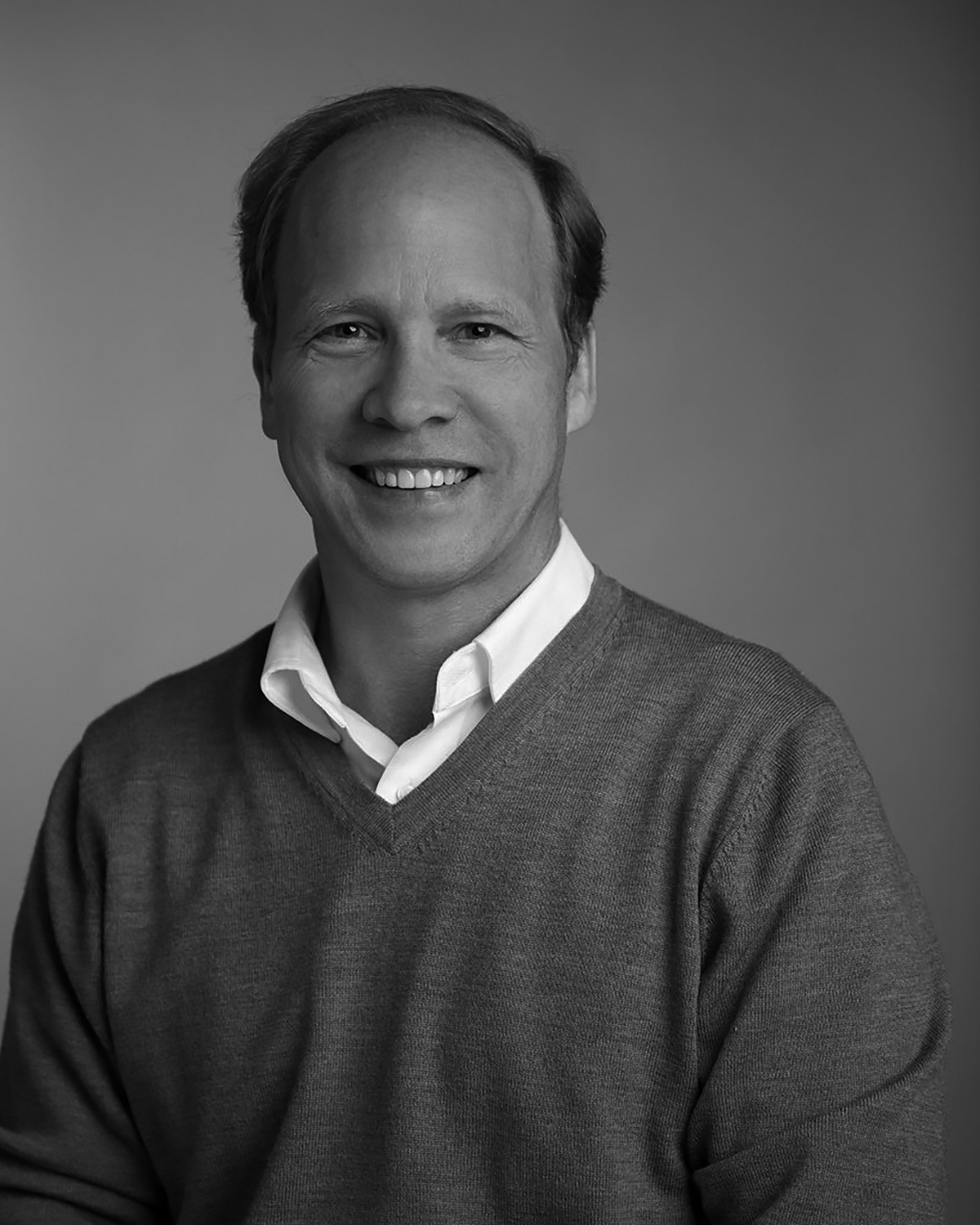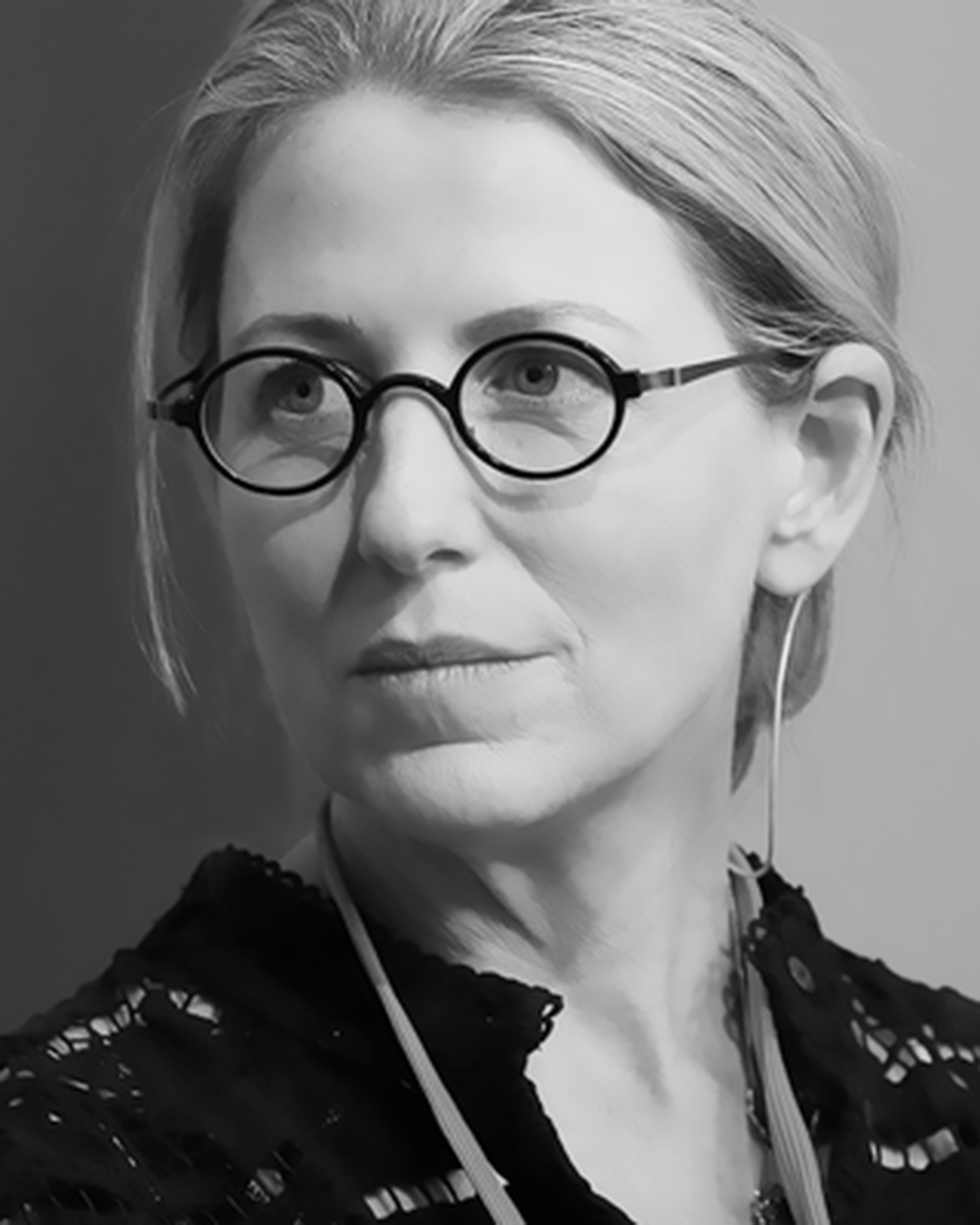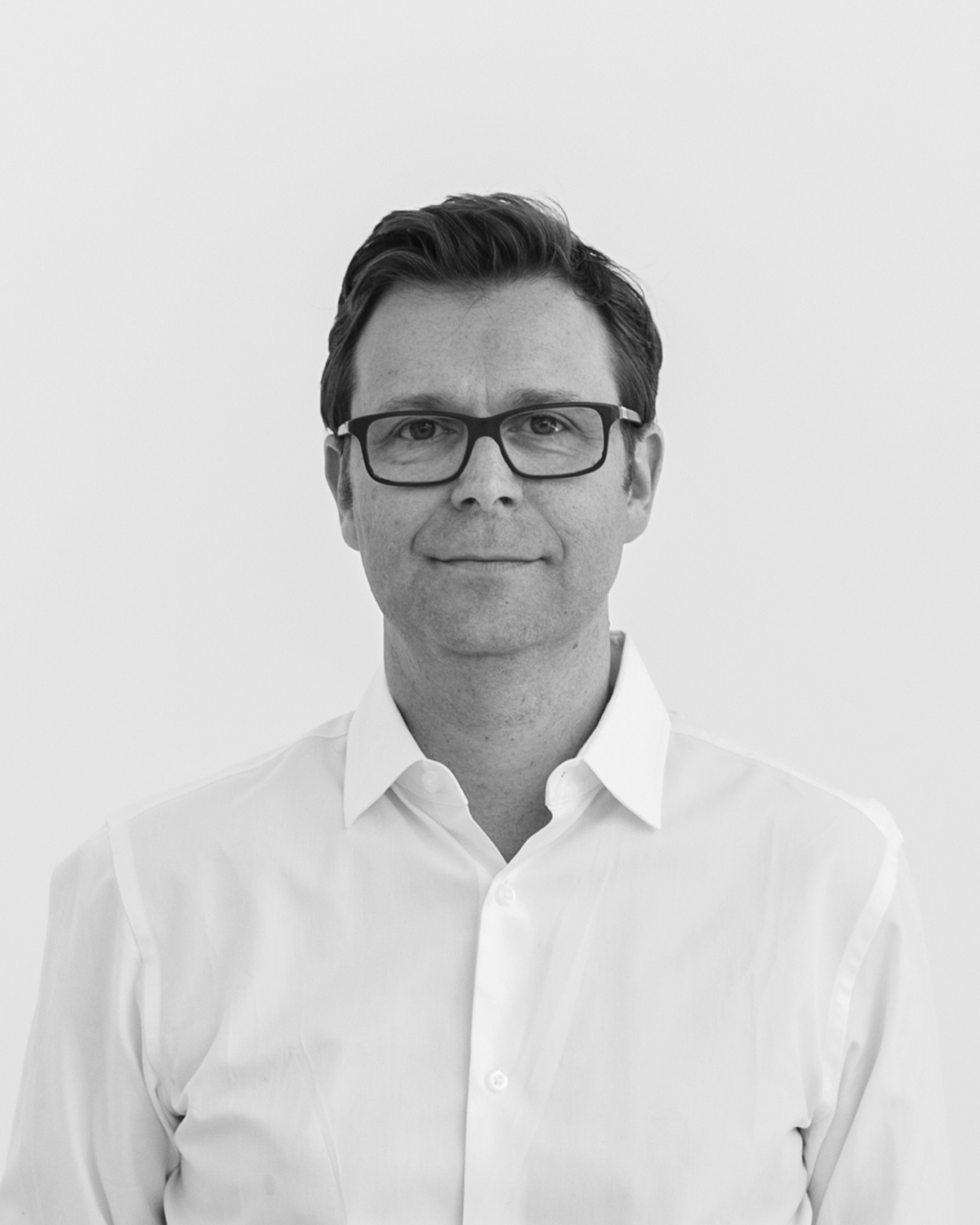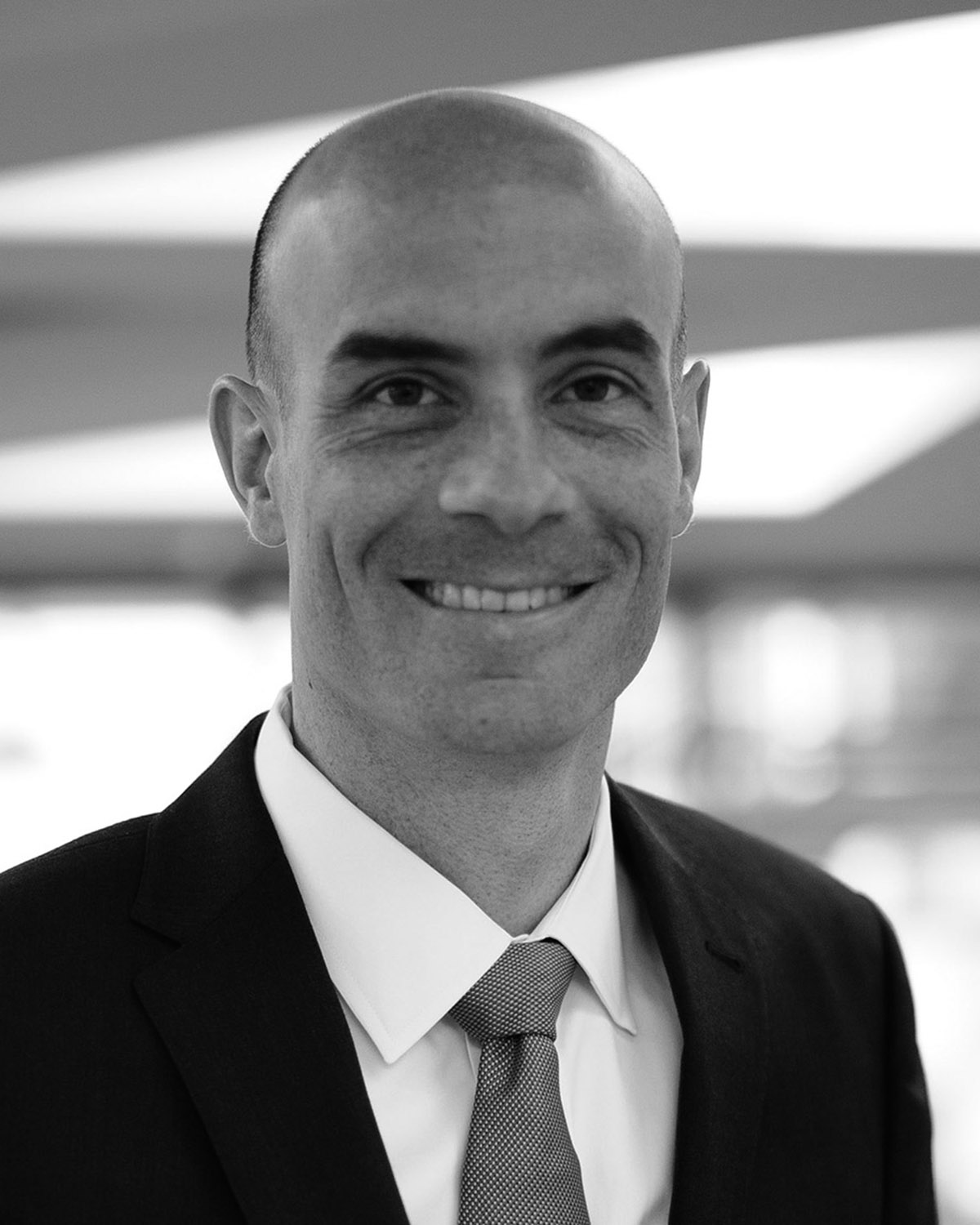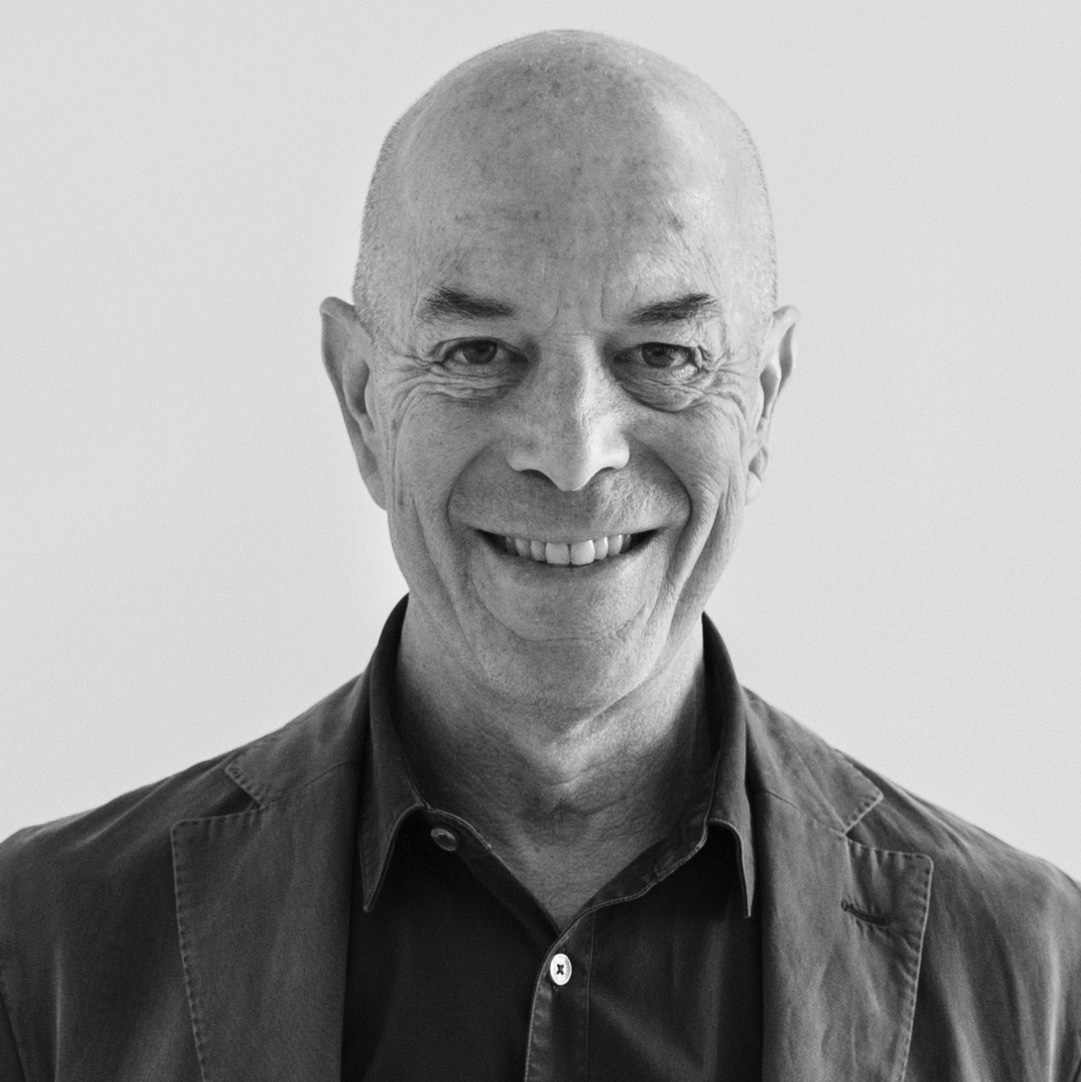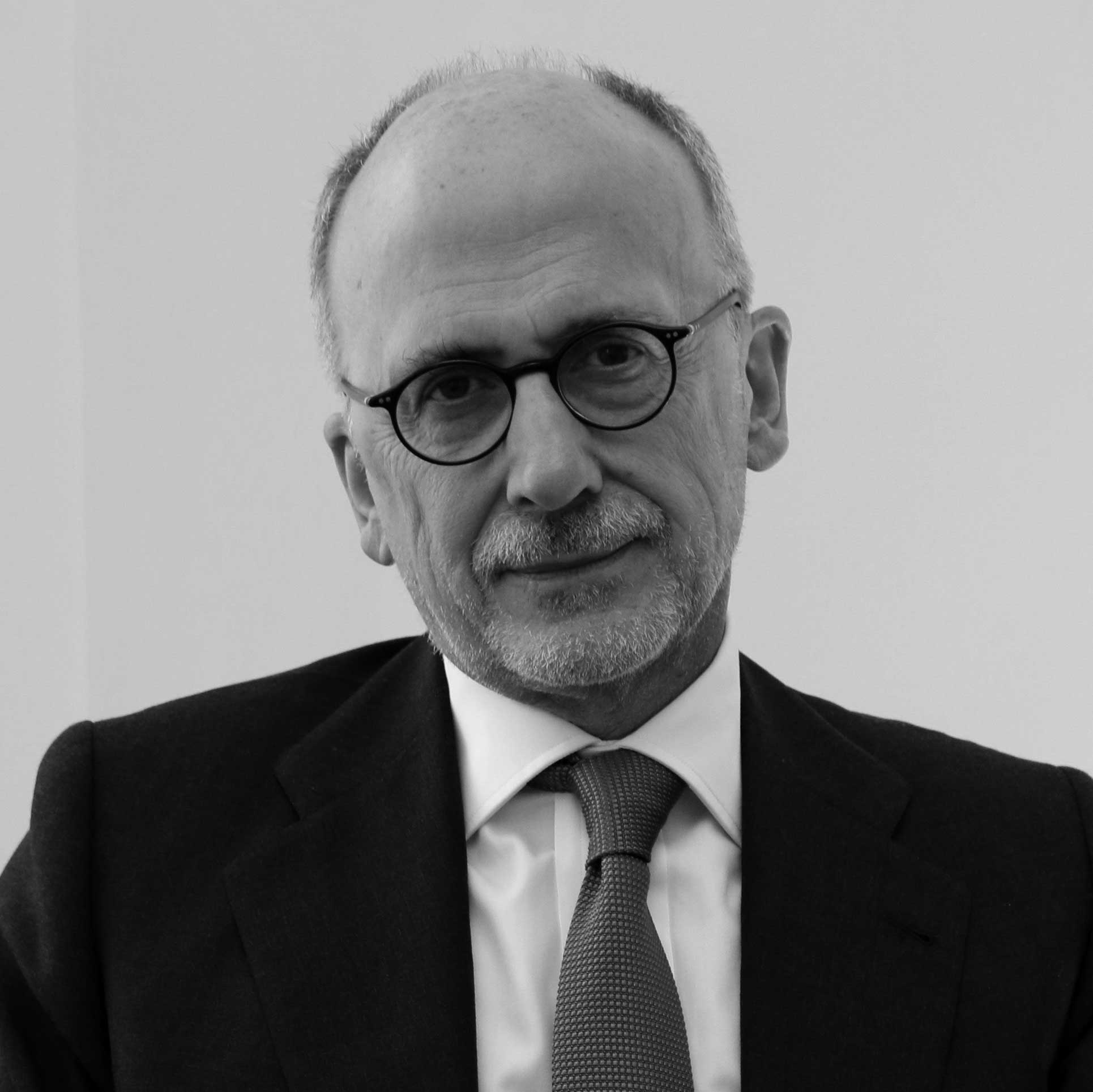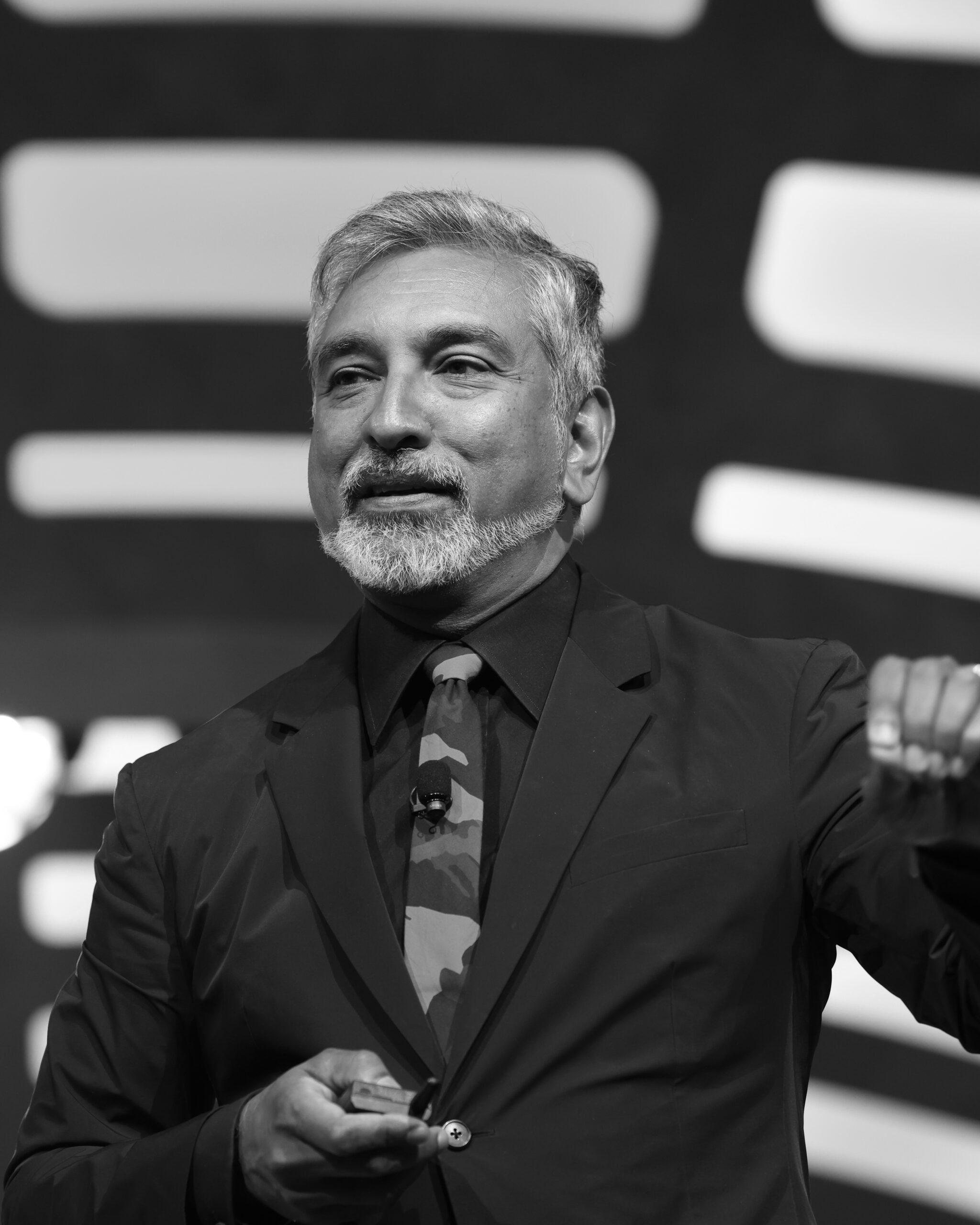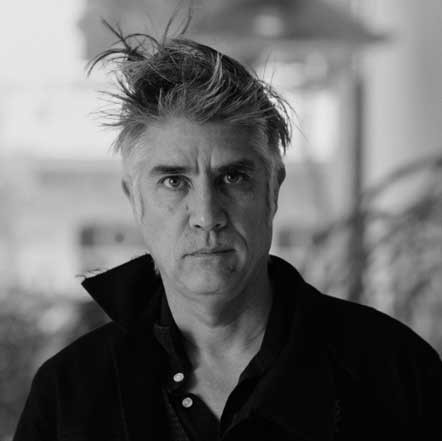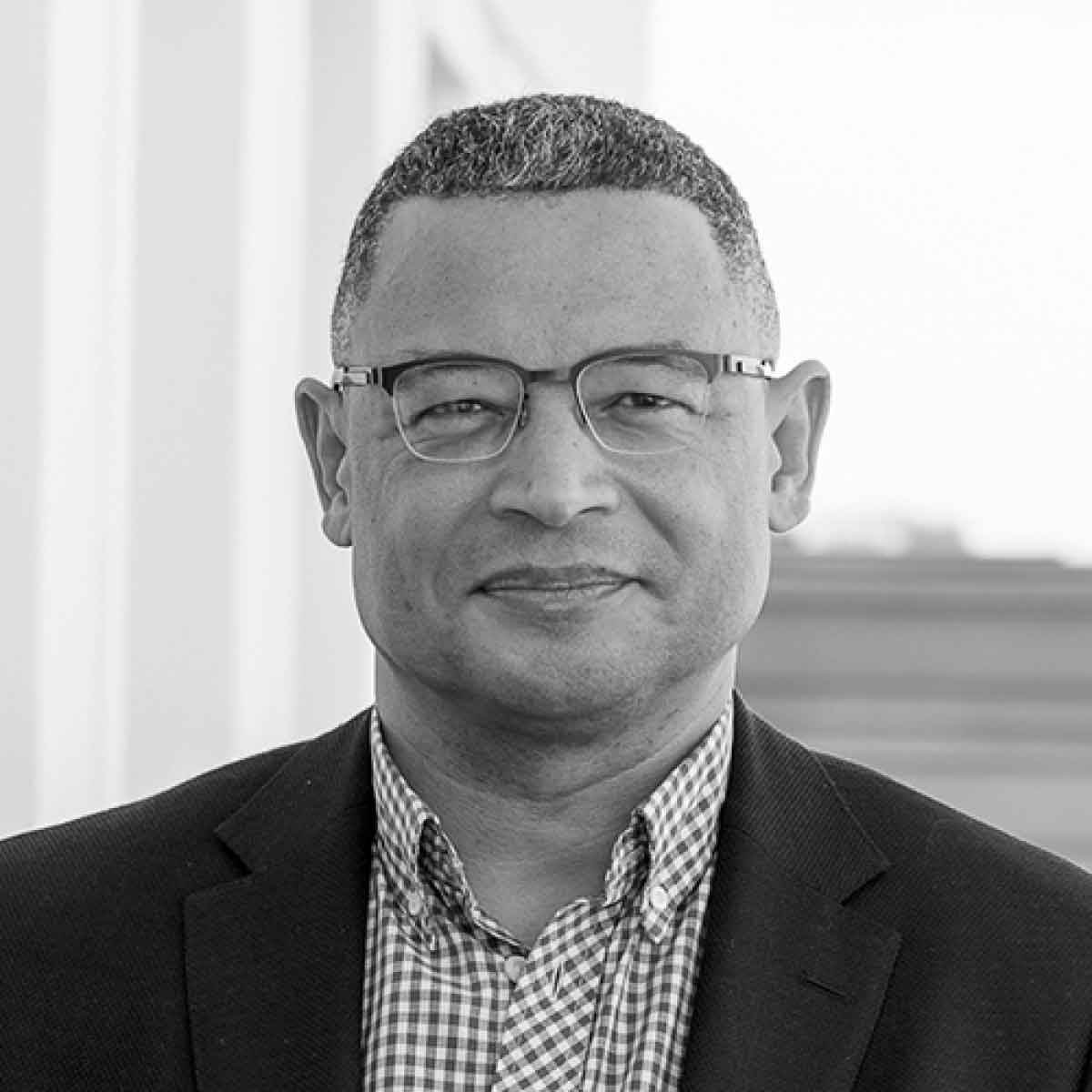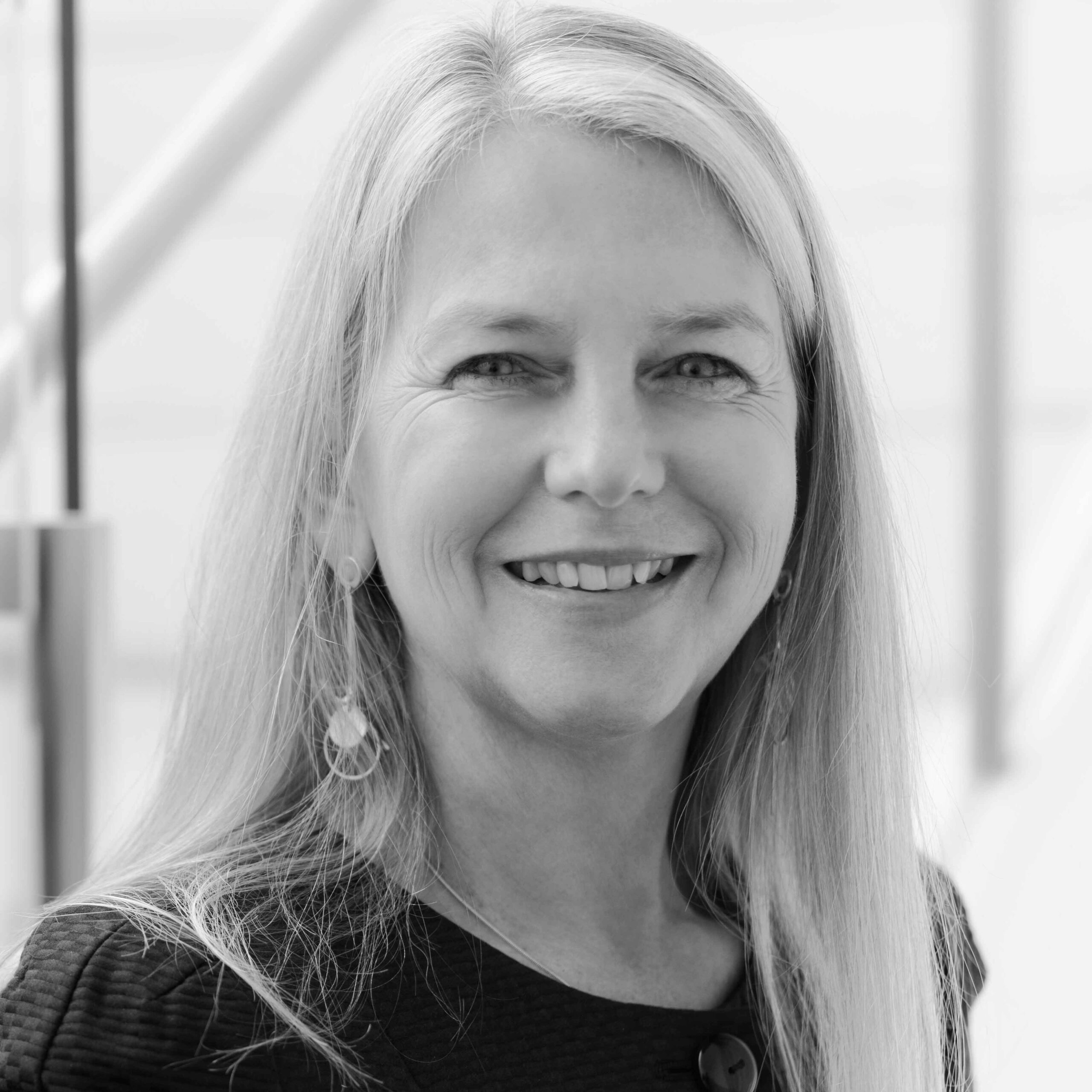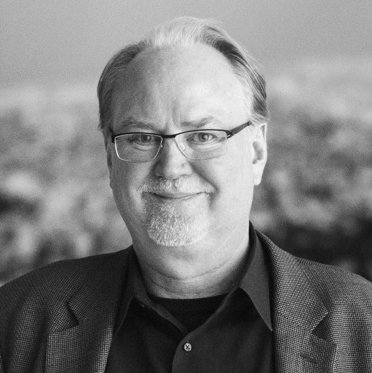About Norman Foster Institute
The future of our society is the future of our cities—they are our greatest invention. This course, in a time of climate change, is addressed to those who wish, through practice or education, to improve the quality of life in cities worldwide. In that spirit, the course will combine practical on-site experience with academic inputs from the Norman Foster Foundation’s network of international experts. These range from university professors and scientists to planners and property developers.
It will start with tools and skills that can be used to address wide-ranging issues for cities. For instance, leadership, advocacy, communication, presentation, diagramming, mapping, and the understanding and interpretation of data. This approach could be applicable to cities from Asia, the Middle East, South and North America to Africa, Europe and Oceania as well as informal settlements and suburbia.
The use of objective criteria is critical to evaluating the performance of cities and charting moves to improve their quality of life and reduce carbon footprints. There are many metrics in addition to the ones that have been created for this course. Notable are the Sustainable Development Goals (SDGs) developed by the United Nations (UN). Mindful of my role as Advocate of the UN Forum of Mayors, these SDGs will be linked into the curriculum.
However, there is one criterion that is subjective, defies quantification and therefore does not find its way into any of the metrics and that is the aesthetic dimension of a city—its visual DNA. This might be the colourful dynamic of an Asian city, the Renaissance order of a classical European city, the gridded verticality of Manhattan or the picturesque alleys and plazas of a city rooted in a mediaeval past. The identity of a city is also linked to its history. These issues will be addressed in the course.
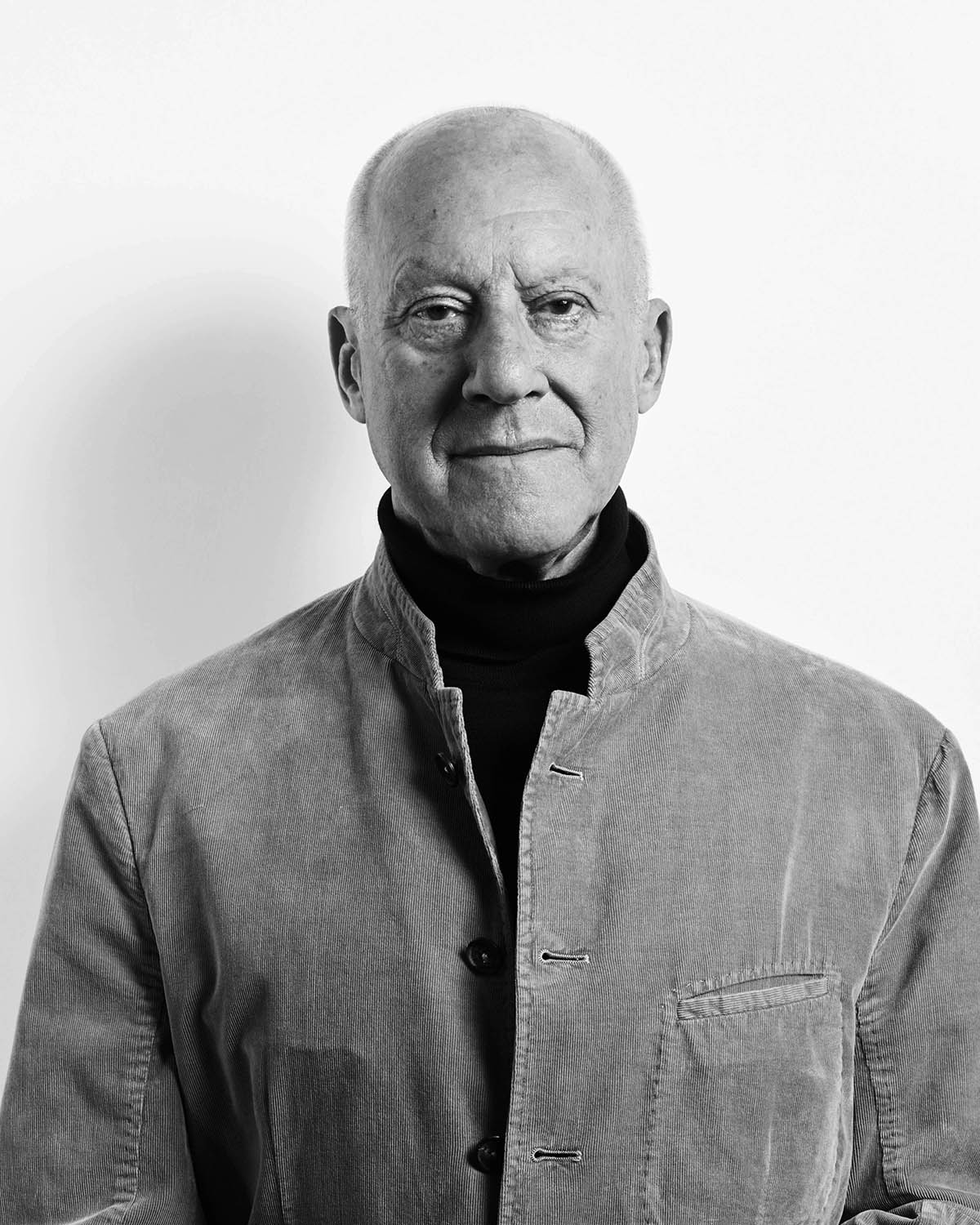
Read the full text
A major part of the curriculum focuses on three pilot cities that scholars will visit to engage directly with their planners and managers. For study purposes, areas will be selected in each city to raise awareness of the issues that affect the quality of life for those who live or visit there. This small number of well-defined project assignments will be addressed by the scholars working on site and in the studio, either in teams or individually. In this multidisciplinary approach, the scholars will process evidence using the most up-to-date digital tools.
In this first edition of the course, the pilot cities will be European, although the methods will be adaptable to other kinds of cities worldwide. Towards the end of the year, the scholars will present their findings to the city administration and here there will be an emphasis on advocacy and presentation skills. The lessons from these real-life experiences will be documented by film and other media, culminating in a public event. On the basis that historically cities learn from each other, it will be important for the scholars to explore the relevance of their conclusions in the wider context of global cities.
This combination of the best of academia with practical hands-on experience in the field distinguishes this course from others. However, my Co-Director Kent Larson, Director of the City Science Group at the Massachusetts Institute of Technology (MIT), and I felt we should further set it apart by defining our criteria for a new model of the city—this could be shaping an existing city towards a more sustainable future or guiding the creation of a new urbanity. If this is the long-term objective, then the individual pilot projects would be incremental short-term steps towards the same eventual goal. Prof. Larson and I worked together to present that vision as the following Vision Statement.

